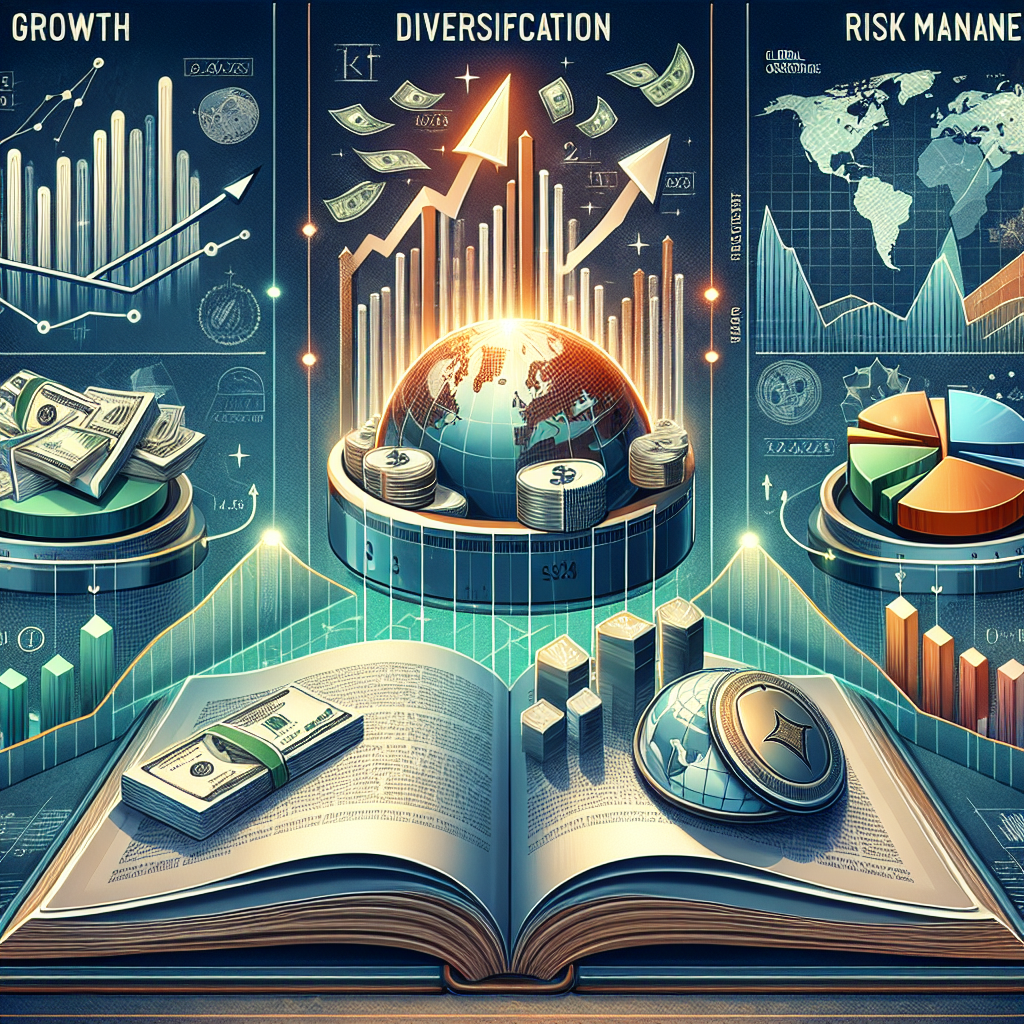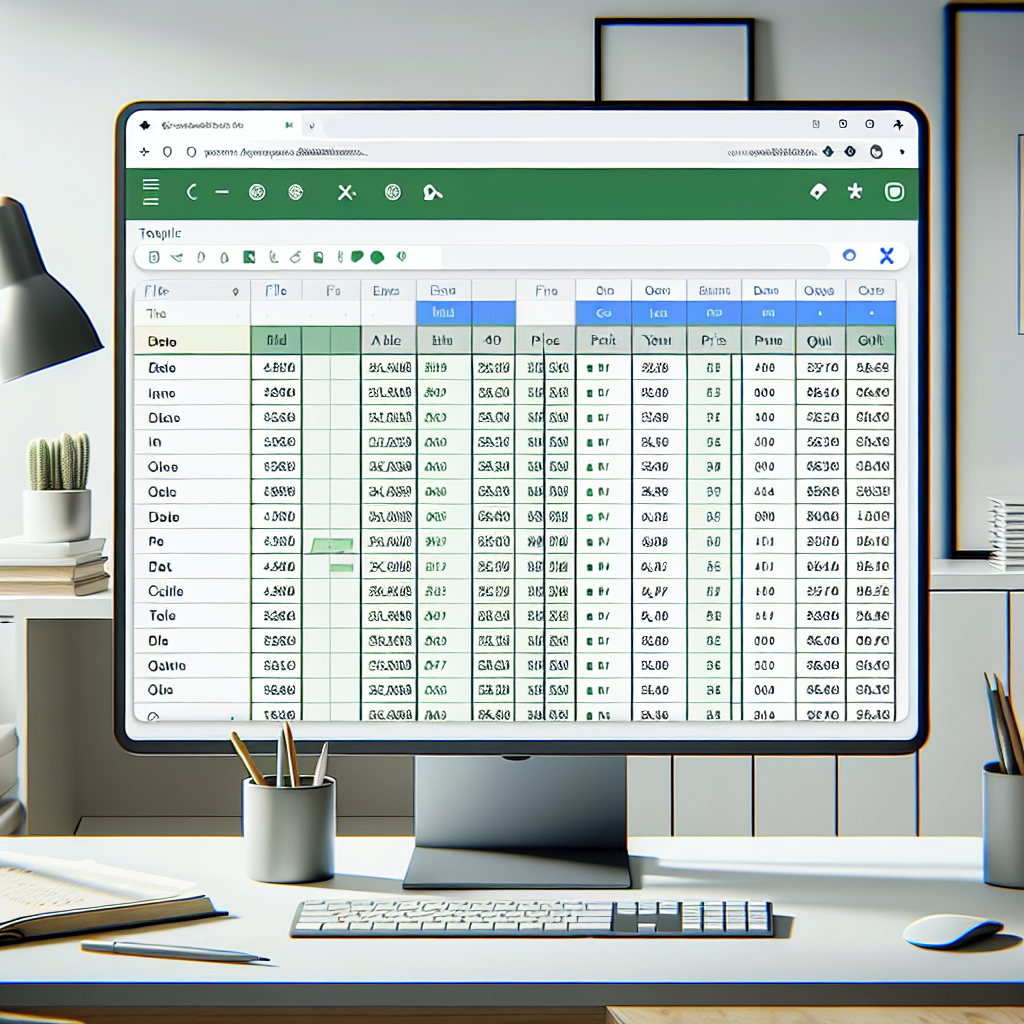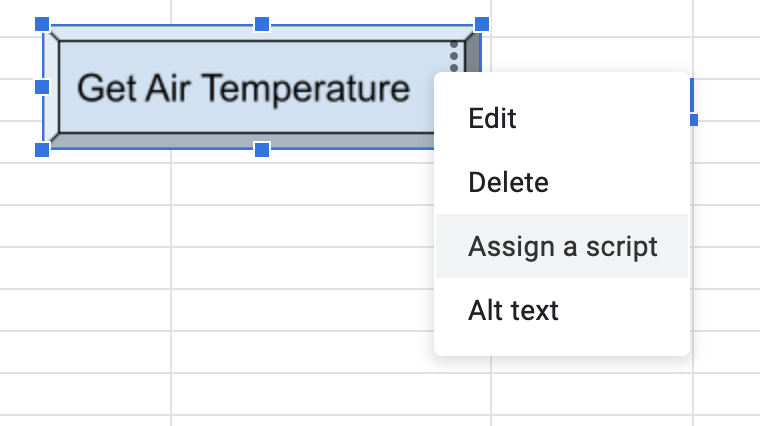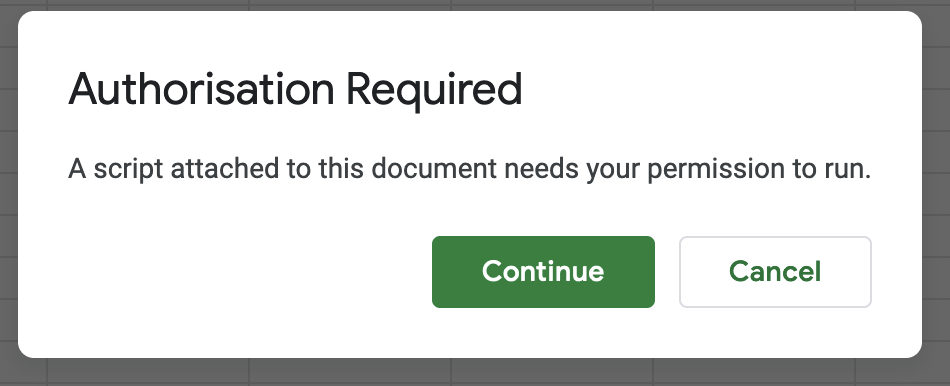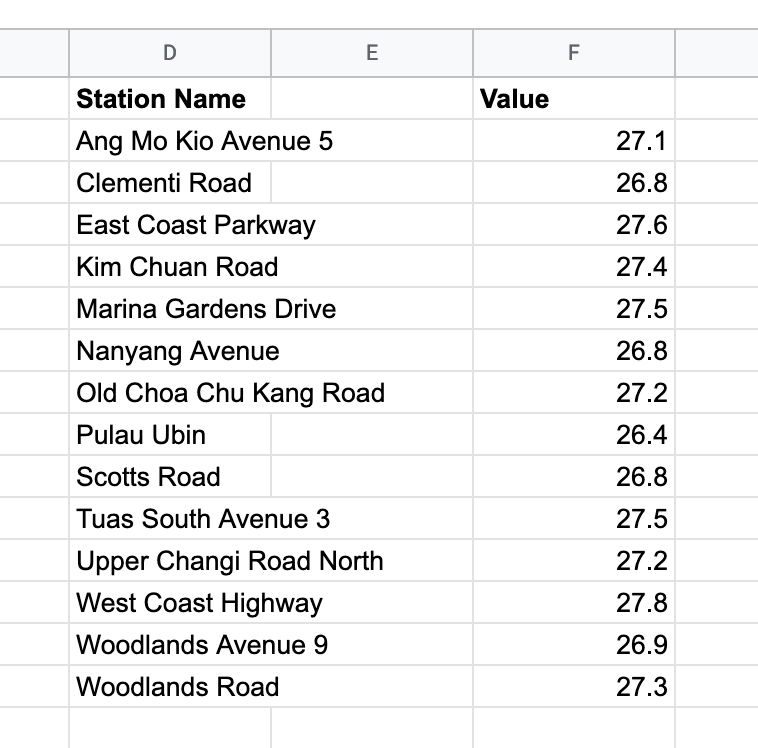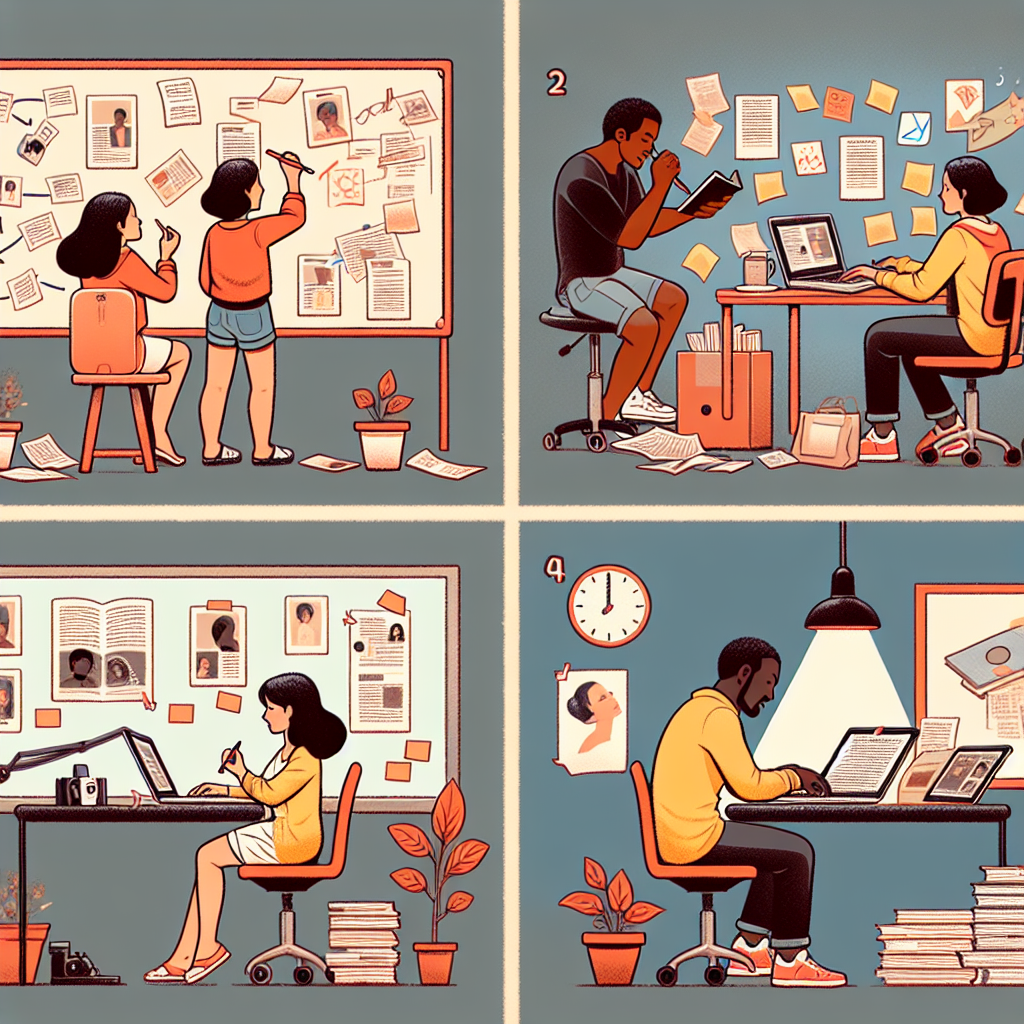
One night, a WhatsApp message lit up my screen, jolting me awake. Assuming it was an emergency, I was surprised to find that it was just a girl saying hi. "How's life, Victor?" Joanne, my former girlfriend from Hong Kong, had sent the message. "Did you get my message?" she asked. "Why didn't you respond?"
"I changed my phone number when I moved from Hong Kong to Singapore," I explained. As I spoke, thoughts of her flooded my mind, making me wonder about the message that had gotten lost.
We had attended different universities and pursued different degrees. Intrigued by science, I chose to major in chemistry. My goal was to unravel the mysteries of the universe. Unlike me, Joanne was pragmatic. She went into accountancy, aspiring to earn good grades, build a solid career, and secure a comfortable salary—while also finding a suitable and wealthy husband.
During one of our lunch dates, I suggested, "Let me take you to my favorite hawker center for $5 egg fried rice." Dissatisfied, she responded, "No, I want to go to a Japanese restaurant for delicious sushi, even if it's just a few pieces of rice." I tried to switch gears by talking about our vacation plans. "How about a local trip to Sentosa Island in Singapore?" I offered. "No, I want to go to Europe, to see the snowy mountains in Switzerland," she insisted.
Money was the stumbling block. "It's not just about the money," Joanne elaborated. "It's about your ambition to work hard, earn more, and elevate your social standing. That's what a responsible adult does." Despite working long hours, my expertise in quantum mechanics, Schrödinger equations, and black hole theories did not land me a high-paying job. "Victor, can you be more mature?" she asked.
Eventually, I changed jobs and got a pay raise. As my income rose, I felt the need to upgrade my lifestyle. When I told Joanne I was thinking about buying a car, she instantly exclaimed, "YES!" I purchased a blue Mini Cooper, and she seemed more excited about it than I was.
I began picking up Joanne in my new car every day. I was like her personal chauffeur, often extending free rides to her family and friends. Though maintaining the car was expensive, keeping my relationship with Joanne proved even costlier.
Joanne had a fondness for designer handbags. I had to gift her lavish items, even though I couldn't pronounce the names of her favorite brands correctly. Whether it was Gucci or Chanel, any of these handbags would cost me several months' salary. To settle my credit card debt, I had to cut back on the allowance I gave to my parents, which made me feel guilty.
During a romantic dinner at a Japanese restaurant, Joanne asked, "Victor, do you love me more than you love your car?" I tried to inject humor into the tense moment by replying, "Of course, I love my car," but she didn’t find it amusing. We continued to quarrel over trivial matters. "Victor, can you be more mature?" she asked yet again.
We were a couple of contrasting personalities. I was an introverted software developer who preferred talking to machines over people. Joanne, on the other hand, was an extroverted relationship manager in a bank, selling financial products with a soft yet assertive tone. What did that mean? It meant she earned more than I did.
After 18 months of dating, Joanne decided it was time to make a crucial choice: to continue with this "immature guy" or to look for alternatives. During one of our usual outings, I sensed something was off. She was distant and refused to hold my hand. Finally, after an uncomfortable silence, she spoke, "Victor, let's break up." My heart sank as I struggled to hold back tears. "Victor, can you be more mature?" she said one last time.
We remained friends after the breakup. Although I continued to send her gifts on her birthdays, she never reciprocated. Time does heal, and one day, an unexpected message from her arrived. It read, "Hey Victor, my wedding is coming up. Would you be interested in attending?" Irritated, I began to type "Congratulations," but I never pressed send. Instead, I deleted the message. "Why should I go?" I thought to myself.
I later saw pictures of her wedding on Facebook. She looked stunning, and her husband seemed wealthy and well-educated. "What a waste of money," I thought, but quickly pushed the idea aside. I had moved on. Relationships are built on trial and error, mostly error. If you don't want to repeat my mistakes, keep reading. I have plenty of advice on tackling life's challenges.
